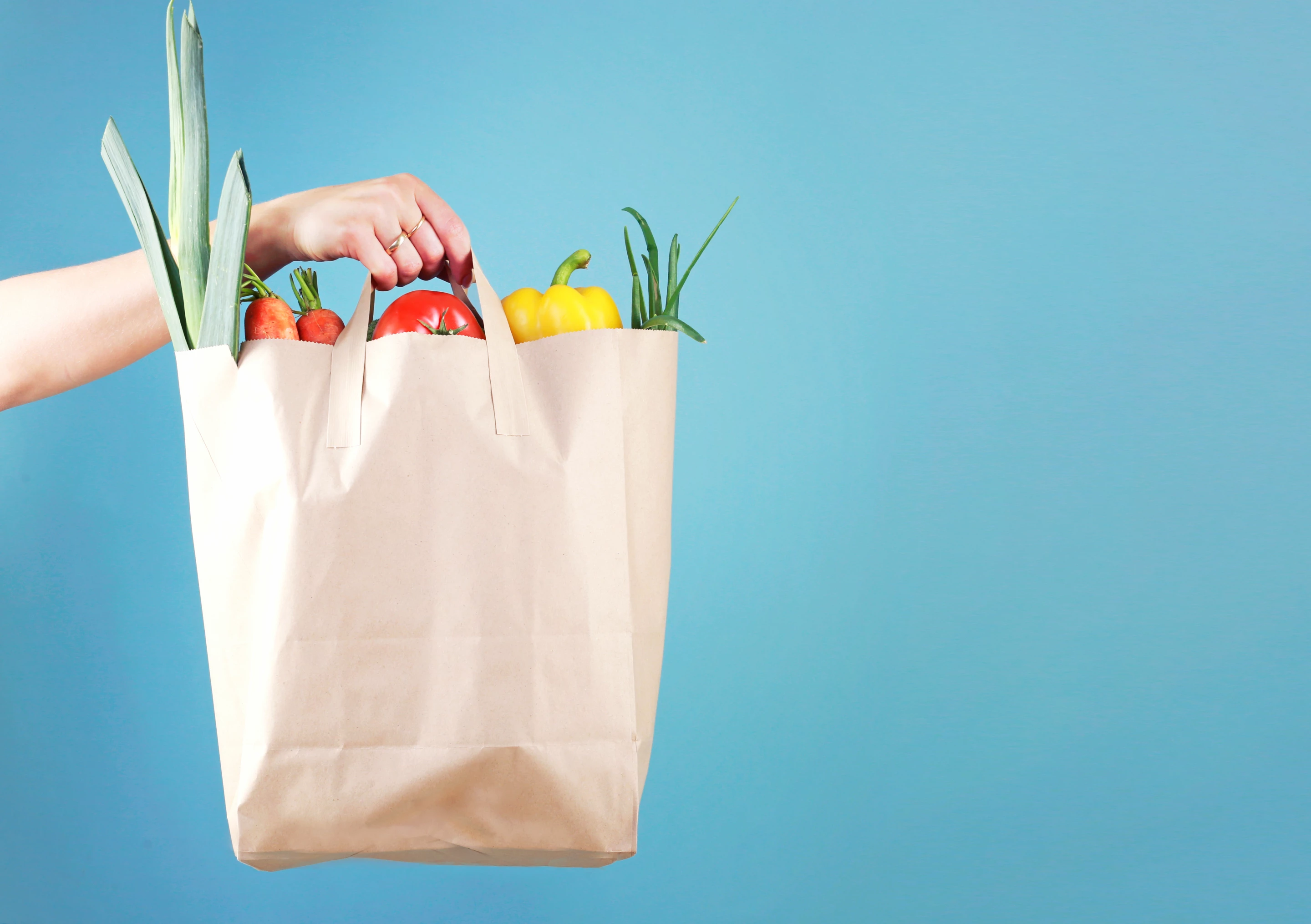We use a massive five trillion plastic bags every year, and they’re in the top five of all plastic products found in the natural environment. However, paper doesn’t fare any better, with many studies including a 2020 UNEP report citing the environmental costs of the energy- and resource-intensive process that goes into producing the less durable plastic alternative.
Part of the issue with paper bags is their relatively short lifecycle, their incompatibility with moisture and their lack of real usefulness following brief time as a flimsy container.
Researchers at Penn State University decided to take on these challenges and have created a product that has the potential to benefit consumers and the environment. Through some inexpensive heat and chemical manipulation, the scientists created a paper product that was strong enough to be reused many times, resistant to water exposure and could ultimately be used as a good source of biofuel at the end of the line.
“Reuse is mainly governed by bag strength, and it is unlikely that a typical paper bag can be reused the required number of times due to its low durability upon wetting,” said lead researcher Jaya Tripathi, formerly of Penn State, now at the Joint BioEnergy Institute, California. “Using expensive chemical processes to enhance wet strength diminishes paper's ecofriendly and cost-efficient features for commercial application, so there is a need to explore non-chemical techniques to increase the wet strength of paper bags.”
The technique Tripathi championed was torrefaction, where the paper's cellulose was slow-heated in an oxygen-deficit space, to increase its tensile strength when wet. After 40 minutes of torrefaction, the paper’s wet-tensile strength peaked at 1,533% at 392 °F (200 °C), and steadily decreased as the heat was cranked up.
“I was looking into something else, studying how torrefaction impacts cellulose for glucose yield for use as a biofuel substrate,” she said. “But I noticed that the paper’s strength was increasing as we torrefied the cellulose. That made me think that it probably would be good for packaging, an entirely different application.”
This stronger product could see a paper bag endure use after use, wet and dry, however, the torrefaction lowered its usefulness as a biofuel product, decreasing the product’s glucose yield significantly. To counter this, the researchers treated the paper with an alkaline sodium hydroxide solution. The paper went from 690mg/g of biomass substrate (at 392 °F torrefaction) to 933 mg/g with 10% alkaline treatment.
“By switching to stronger, reusable paper shopping bags, we could eliminate much of that waste,” Tripathi said. “The implications of a technology like the one we demonstrated in this research – if it can be perfected – including using the worn-out bags as a substrate for biofuel production, would be huge.”
While this lab study showed promise with the filter paper model, it’s clearly a long way from practical application. However, extending the lifecycle of paper, making it far stronger, and finding use for it after disposal could go a long way to offsetting the environmental cost of its production and make it a viable alternative to plastic.
“When the primary use of these paper products ends, using them for secondary purposes makes them more sustainable,” said researcher Daniel Ciolkosz, associate research professor of agricultural and biological engineering at Penn State. “This is a concept we think society should consider.”
The research was published in the journal Resources, Conservation and Recycling.
Source: Penn State University





